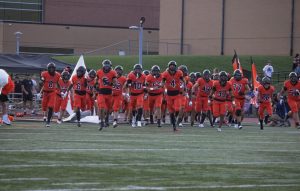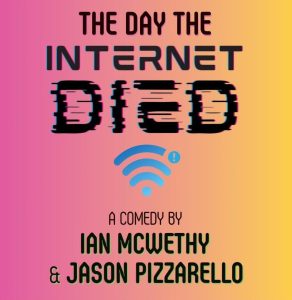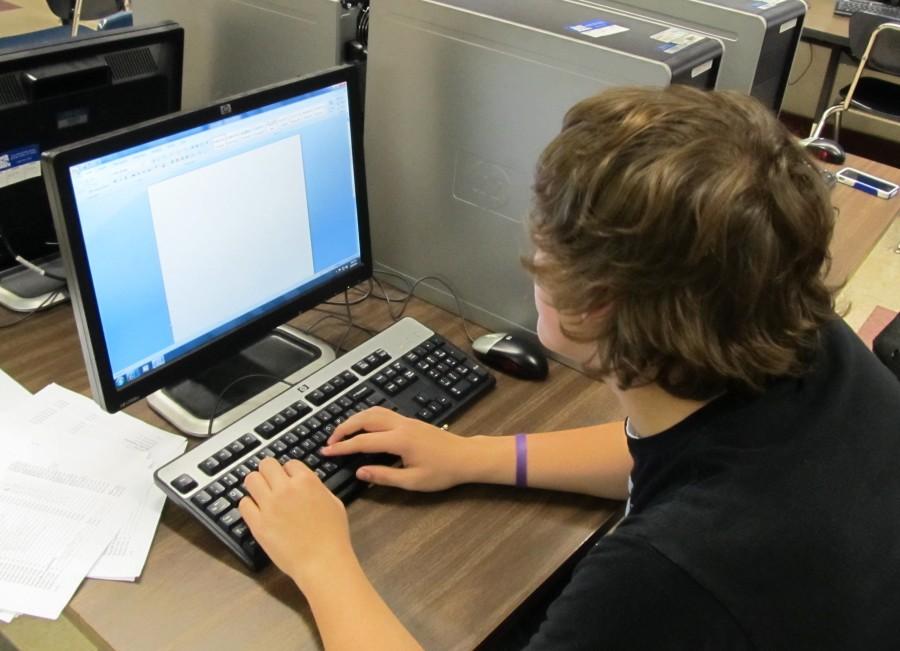It has been a hot topic for a decade: What’s better, cyber school or public school?
Public schools provide a student-teacher interaction with a classroom full of peers. On the other hand, cyber schools provide a relaxed environment with a little less student-teacher and limited peer interaction.
The competition with cyber schools has become more prevalent in recent years. The advertisements lure people in by showing children in front of a computer screen completing schoolwork. Evidently, this appeals to young teenagers because technology is becoming more established and is used in everyday lives.
Additionally, the allure of cyber school for a teenager is not to wake up at 6 a.m. and go through a droning day of school until 2:30 p.m.. A typical cyber school student’s day would occur from about 8 a.m. until 1 or 2 p.m.. Obviously, this is a huge pro, but there are also some cons to cyber school.
A huge con is the lack of connection with friends. Nevertheless, the difference comes down to one’s preference and their situation at the time.
Zac Polachek, a sophomore Bethel Park resident that attends cyber school, offers his insight into this topic. I asked him a series of questions and he responded with some confident answers. Here is the conversation:
Me: “How long have you been attending cyber school and do you like it?”
Zac: “I have been attending cyber school for 4 years and yes I do enjoy it.”
Me: “Whats the student-teacher interaction like?”
Zac: “The student-teacher interaction is better than you’d think. Although the teacher may not be a few feet in front of you, they can help you out as if they were.”
Me: “What’s the competition between cyber schools and public schools?”
Zac: “Personally, I’m not sure. Cyber schools and public schools appeal to different kinds of people I guess and what those individuals may have going on. If you travel a lot and like some more independence, cyber school might appeal to you more than say a Brick and Mortar Public school.”
Me: “Does cyber school offer challenging classes/courses and whats the curriculum like? Is it similar to public schools?”
Zac: “Yes it does, but it also depends on what curriculum the school may be using, so it’s up to you to do your research on finding what curricula are more challenging and suitable to your needs. Typically, cyber schools have every kind of subject a regular school would have. Cyber schools also support honors classes and use a “gifted” program.”
Me: “What’s the atmosphere like and how do you turn in assignments?”
Zac: “The atmosphere is well….your home. You can pretty much attend class wherever you like as long as there is Internet access and you have all the offline textbooks the school gives you. (Yes, cyber school isn’t all online. Offline too.) And there are pretty much two ways to turn in assignments. Sometimes you have to log into the school and take an online multiple choice/written test. Other times require for you to show your work and scan your paper, then send it via email.”
Me: “What’s the main difference between cyber school and public school?”
Zac: “The main difference? Education wise, there is almost no difference that exists. The only real difference is walking from class-to-class and seeing other faces. Not being able to see other kids your age on a day-to-day basis is a big con for some, but a pro for others since you don’t have to deal with a lot of the high school drama. It all comes down to what your lifestyle requires and what you’d prefer.”
To add to this hot topic, I also interviewed Marc Reed and Rebecca Hayes, two sophomores that attend BPHS. Their opinions provide information that will be more useful to a student that attends public school. Their insight includes an extra opinion that isn’t from a typical cyber school student. Here are the conversations that I had:
Me: “What’s the atmosphere created at BPHS when you are in the classroom?”
Marc: “In general the environment is comfortable enough that you don’t feel over-worked or stressed and efficient enough that you can concentrate and get an education, but it really depends on the class and/or teacher.”
Me: “Do you enjoy the student-teacher interaction? Do you mind that the teacher interaction isn’t one-on-one?”
Marc: “I think it’s important for teachers and students to be able to comfortably talk to each other. There’s usually always one-on-one attention available for students if they really need it from either a teacher or a tutor, otherwise I prefer a group learning environment over individual lessons.”
Me: “Are you aware of the competition between cyber schools and public schools?”
Marc: “I know there’s controversy between the two, but I don’t hear too much about there being competition.”
Me: ” Is the curriculum at BPHS challenging enough? Do you think they should offer more difficult courses? ”
Marc: ” I think the curriculum at BPHS is great. The challenge level depends on the student, but there are regular, honors, and AP classes to choose from, so there is always opportunity to change a class if it’s too hard or easy.”
Me: “Do you enjoy public school? Would you rather attend cyber school? Why or why not?”
Marc: “I would prefer public school over cyber school just because high school seems like an important life experience that you wouldn’t be able to get through a computer screen.”
Rebecca: “I definitely enjoy attending public school. I think by being mixed with different people, it better prepares you for life post-graduation, because when you’re an adult, you won’t be able to censor the people you have to deal with. Also, public school offers valuable social interactions that are needed for maturing into an adult that can’t be provided by a cyber school. I also enjoy the fact that I have to leave the house in the morning for school, instead of staying at home. It teaches responsibility essential in the working world.”
Obviously, the interviews that I had with Zac, Marc, and Rebecca reveal that the differences between public and cyber school depend on the individual’s circumstances, and that competition is becoming more prevalent among modern day society.












